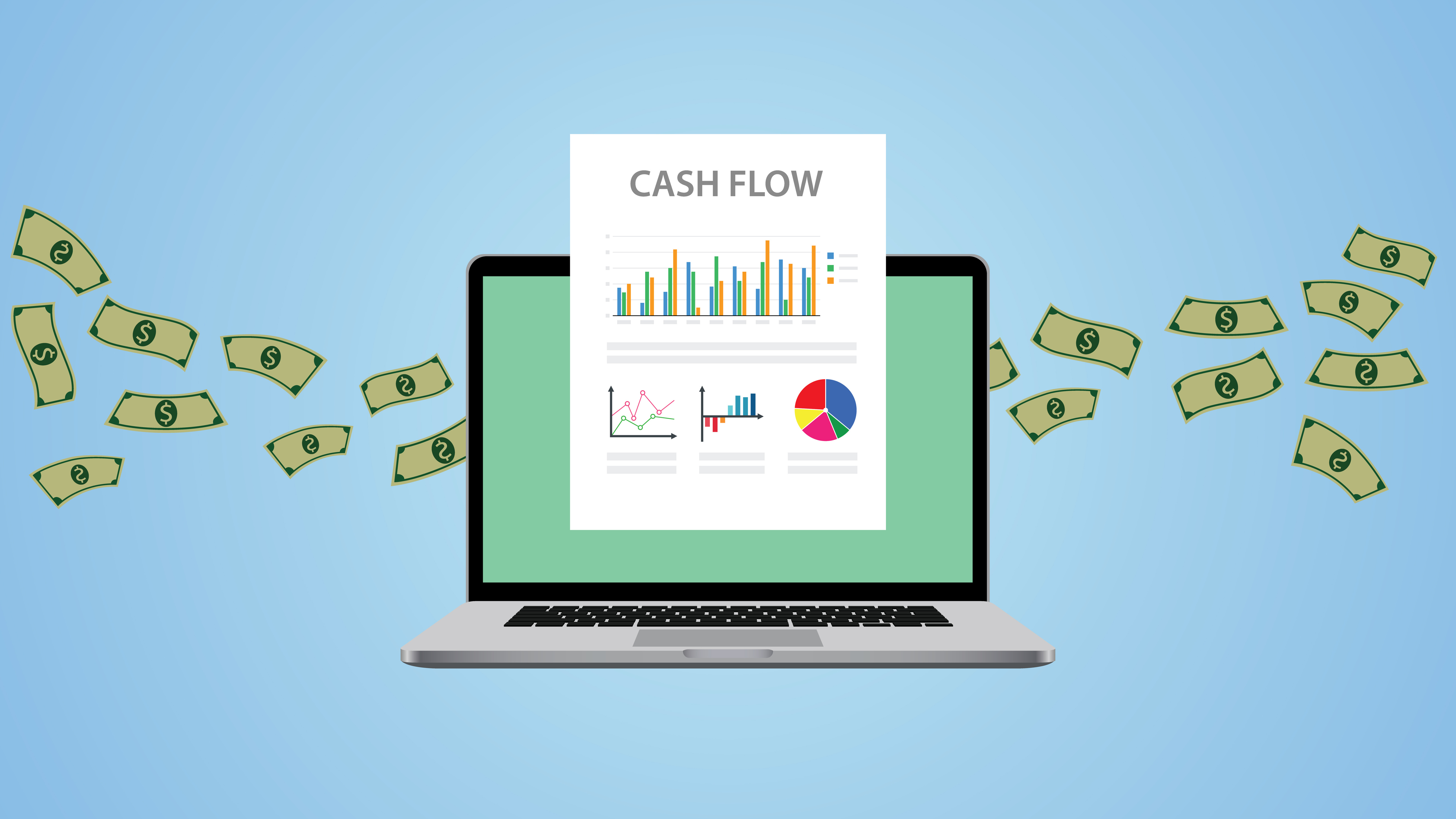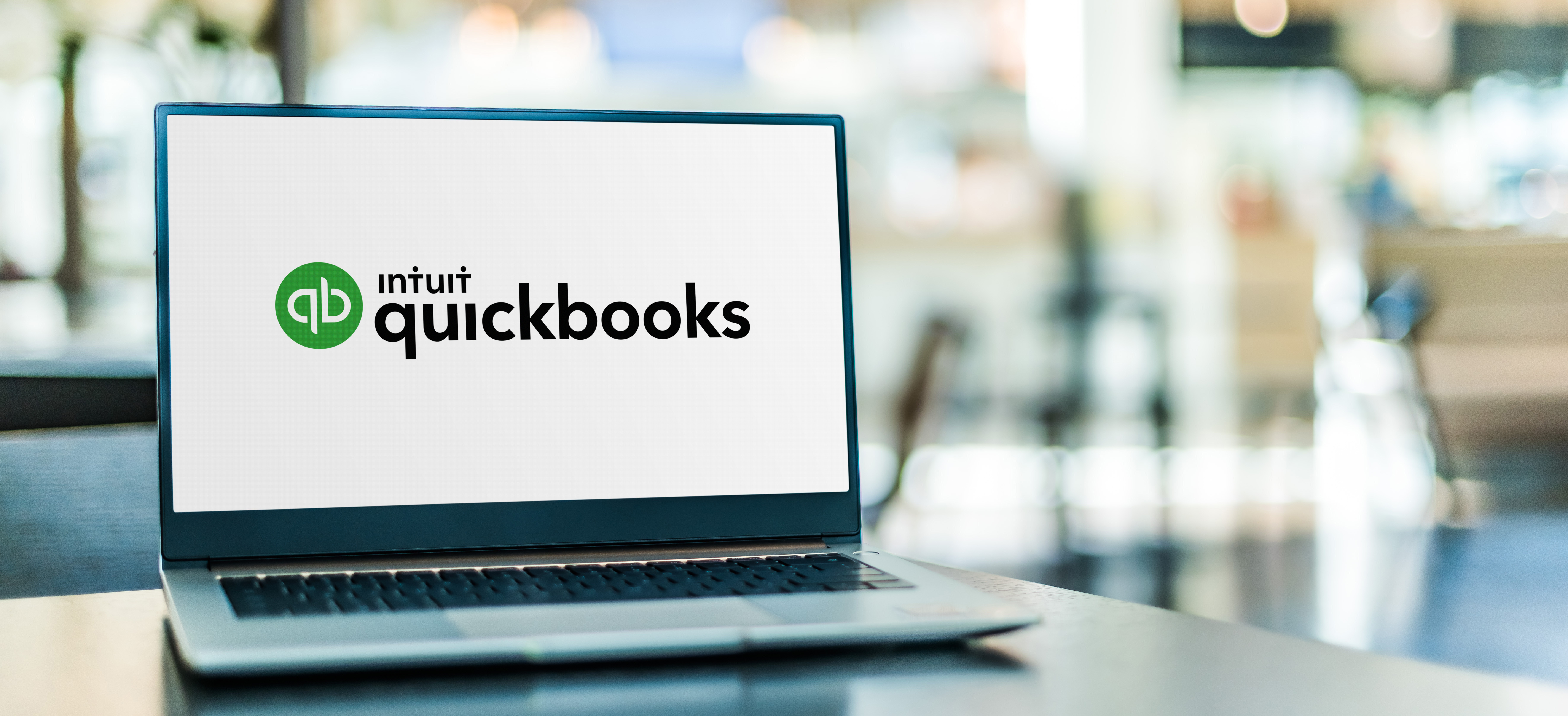For many nonprofits, grants are a lifeline—fueling programs, projects, and operations. But receiving the funds is only half the story. Proper recognition and allocation are essential to maintain compliance, ensure transparency, and preserve eligibility for future funding.
As we approach the halfway point of the year, now is the perfect time for business owners to take a deep dive into their financial health. A mid-year review isn’t just a best practice—it’s a strategic opportunity to catch issues early, recalibrate your goals, and proactively position your business for a stronger year-end.
Running a nonprofit may not be about profits — but money absolutely matters. To fulfill your mission, serve your community, and grow your impact, your organization needs consistent, reliable funding. Understanding how to raise those funds — and how to measure what’s working — is vital for long-term sustainability.
Non-profit organizations operate with a mission-driven focus, but like for-profit businesses, they must track key performance indicators (KPIs) to ensure financial sustainability, operational efficiency, and mission impact. The right metrics can help leadership make informed decisions, attract donors, and improve program effectiveness. Below, we explore the most critical analytics and KPIs that every non-profit should focus on.
Sale and leaseback transactions are a strategic financial tool businesses use to unlock cash flow while retaining operational control of critical assets. In such an arrangement, a seller transfers ownership of an asset to a buyer and immediately leases it back. This type of transaction can provide significant benefits to both parties: the seller-lessee gains liquidity and operational flexibility, while the buyer-lessor secures a steady income stream and potential tax advantages. However, determining whether a transaction qualifies as a sale and leaseback under Generally Accepted Accounting Principles (GAAP) involves navigating a complex set of criteria.
Intuit has announced that after May 31, 2024, they will be discontinuing QuickBooks Desktop 2021 software. This includes all versions of 2021 QuickBooks Desktop Pro, QuickBooks Desktop Premier, QuickBooks Desktop for Mac, and QuickBooks Enterprise Solutions v21. Other Intuit products will also be impacted.











